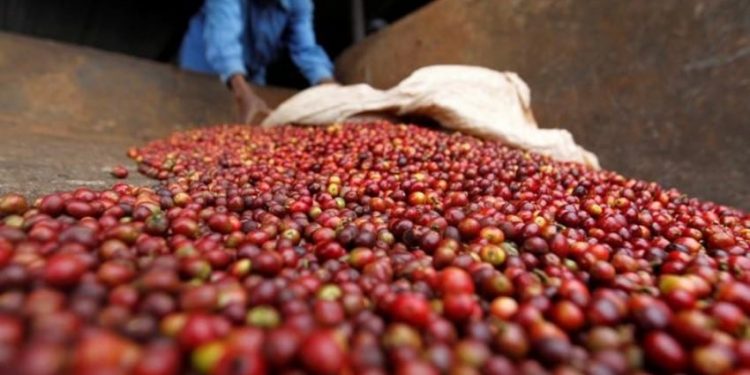Kenya is eying duty-free access to South Korea, targeting coffee, tea, mate and spices, which attract an 8% duty, as the benchmark in growing its share of the Korean market.
In 2018, the country exported 12% of its coffee to South Korea.
Trade, Industrialization and Enterprise Development CS, Betty Maina says the duty disadvantages Kenya’s exports, which compete with Least Developed Countries (LDCs) that enjoy duty-free access. Ethiopia and Uganda are among countries enjoying duty-free access to the South Korean market as LDCs.
The countries have also agreed to fast-track pending issues on market access of produce, which includes fresh avocados, into the South Korean market with a solution expected before the end of the year.
According to the trade ministry, trade value increased from KSh8.47 billion in 2008 to KSh22.82 billion in 2020, a 169.42% rise. The balance of trade has favoured South Korea, standing at about Sh18.1 billion in 2020.
The country imports mainly plastic, iron and steel, organic chemical, machinery, man-made staple fibres, nuclear reactors, electrical and electronic equipment, and boilers from South Korea.
The government is keen to also increase the export of agricultural products to South Korea, mainly fresh produces, by ensuring adherence to international standards.
Meanwhile, Kenya’s external trade value hit KSh1.4 trillion in H1 2021, a 24.3% increase from KSh1.094 trillion in H1 2020. The rise in external trade is attributed to a rebound in global and macroeconomic economic conditions as the world re-emerges from COVID-19 related disruptions.
Imports into the country rose by 27.7 % to hit KSh991.5 billion, while exports rose by 16.3% to hit KSh368.7 billion.
See Also:




